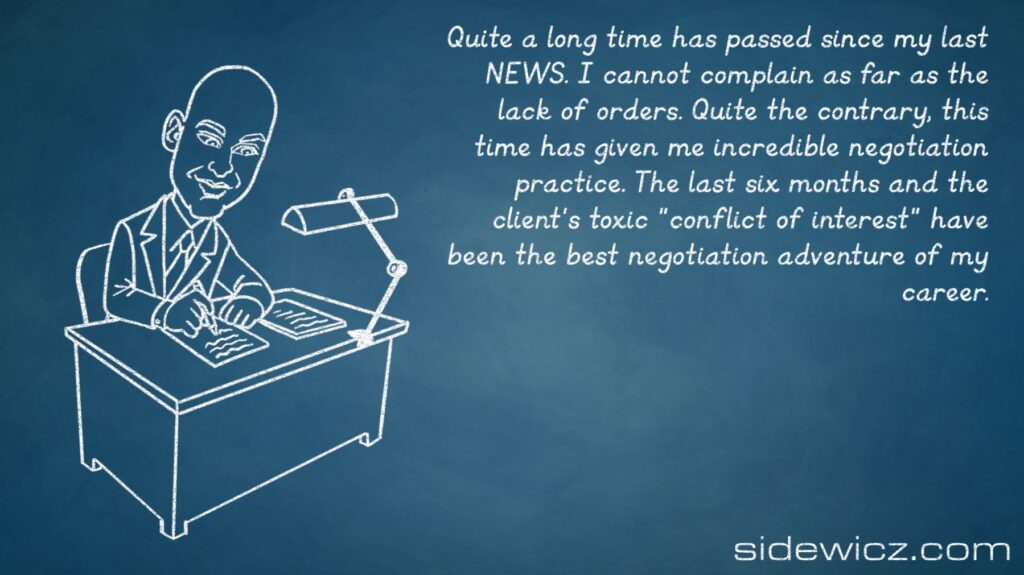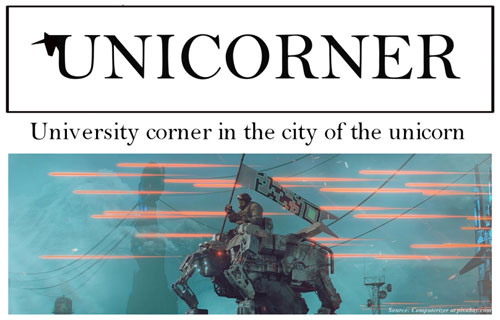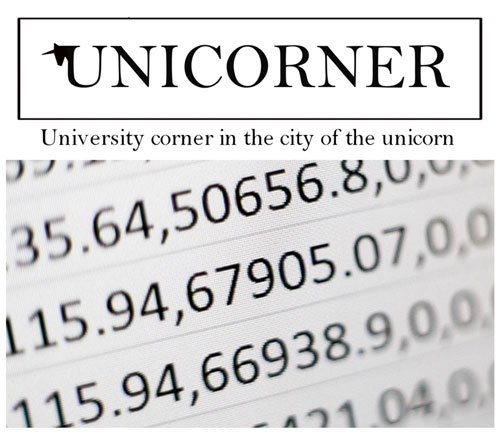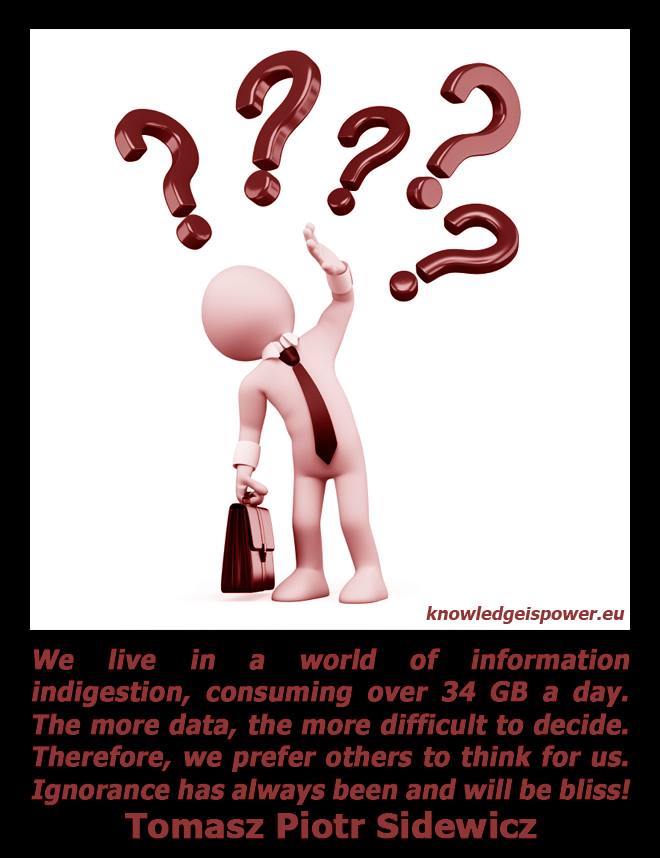
Etiquette in business is not for making the atmosphere pleasant. Etiquette was invented to be able to influence others without having to show true negative emotions.

9 June 2022
What’s been going on since March 2021? A lot!
Someone might think that I have disappeared somewhere, or worse, that I am no longer involved in difficult negotiations. Nothing could be further from the truth! In a nutshell and without violating NDA I can only say that:
- in 2021 I prepared a communication and negotiation strategy with 13 unions for two Polish companies.
- in 2021 I prepared an "all women's team" for negotiations with trade unions, where women bravely faced the men alone, completing 100% of the plan!
- in 2021, I prepared a negotiation strategy for a client that saved PLN 8,000,000 in budget.
- the last six months and the client's toxic "conflict of interest" was the best negotiation adventure of my career!
1 September 2020
How to start a war of the worlds?
Is the so-called "FAKE NEWS" a side effect of the Internet and SOCIAL MEDIA? Absolutely not. The American radio drama from the 20th century is an excellent historical example of how to spark up a panic among stressed citizens just by broadcasting a seemingly innocent program based on a famous novel. Interestingly, as a sociological phenomenon, this event has grown into a legend that overestimates the phenomenon in terms of the psychology of the crowd.
Hit MORE to read the whole column.
1 September 2020
Coronavirus and number 21,000: Are you one of 20?
It is nice to be a student (apart from my age). It is even better to be privileged and write for Unicorner, which is a student magazine serving the student community of Łódź, Poland, based at Społeczna Akademia Nauk/University of Social Sciences and Clark University.
I wrote a column about how easy we are manipulated, adequately presenting statistical data. Why is it so simple? Because the vast majority of people cannot think logically.
Hit MORE to read the whole column.
13 March 2020
COVID-19 in business
Crisis - a Chinese word that contains danger in it. It is also not true, that it is a combination of two words: danger or threat and the beginning of a new road or chance. Sinologist Victor H. Mair of the University of Pennsylvania argues that the popular interpretation of "wēijī" as "danger" and "opportunity" is a common misunderstanding in the English-speaking world. The use of this word has become a kind of rhetorical catch, especially among American business consultants, politicians and motivational speakers. Our Polish language, belonging to the group of Proto-Indo-European languages, has more in common with Greek. In Greek, the word crisis is a decision.
18 September 2018
Man does not live by bread or work alone ;-)
Some people jump or fly, and I like to photograph it. Click the picture to see more. Enjoy!
4 July 2016
Past time, hobby, passion, enrichment
Quoting the words of Oskar Wilde ’a – „It's absurd to divide people into good or bad. People are either charming or boring” I decided to return to my first passion, which is photography. I decided to combine my photographic workshop with knowledge of human nature. The effect of this is translated into the creation of my new blog JUST IMPRESS ME, where I want to show those who impress me. Not by what they have, but what they can do. For starters, skatepark and kids who work on their tricks. One inspires the other. They have a passion that hurts them. It drags them out of their comfort zone and forces them to make an effort. Enriches
25 April 2016
The Warsaw Negotiation Round 2016
In my career as a professional negotiator, I often happen to be on the side of a negotiating battle between the parties, most often as pilot of one of them (using the analogy of car rallies). The pilot's task is obvious - looking globally at the road and giving instructions to the driver, which in the case of negotiations involves knowledge of the subject of the dispute, legal issues, knowledge of the market and knowledge of negotiators' personal profiles. I avoid situations in which I would only advise the other party (do not confuse the role of a pilot with the role of an adviser), because advice alone quite often translates into an attitude - “You advise me and I will do it my way anyway".
I know that for many people being an advisor is ennobling, but my view of counseling clients is completely different.
This time I had the opportunity to take up a completely different role - a judge - a business expert during the negotiating competition, which was The Warsaw Negotiation Round 2016.
Soon you can hit MORE to read it on my English blog.
19 February 2015
Making no decision is a decision
Sport, which depends on loads of variables verifies our decision-making skills, especially in crisis situations. If you do sports, which depends only on your preparation, the possibility of a crisis is lower. In a car racing, where you have to take into account a large number of variables such as the setup of the car, the temperature of the tires, adhesion, changing track conditions, other rivals who can damage your car, the occurrence of a crisis is much greater. The same works in business. In a small scale business, the possibility of a crisis is small. The larger the scale, the greater the likelihood that something will go wrong.
Personally, both professionally and privately I am a supporter of a military approach to decision-making. Sun Tzu leaves no doubt – Military experts do not make mistakes. If they decide to act, their impact is irresistible. I, therefore, say: “Know yourself and know your enemy, only then your victory will not be endangered. Know well the terrain and weather conditions, then your victory will be complete.” In order to make good decisions, you need to perform data analysis. But first, you have to have it. No data translates into speculation. This means a deficit of cognitive resources causing fear to arise. Fear makes you unable to make any decision. No making a decision is a decision not to make any decision.
Click MORE to read the whole article.
20 January 2015
Why does pride walk before the fall?
When do you become a victim of manipulation? Always when you lose self-vigilance and are not able to manage your self-regulation (EQ). The hormone responsible for such a behavior is dopamine, which excess changes your perception of possible threat in your brain. Whatever it was, what you previously recognized as too risky, may seem very easy. In other words, you lose the ability to evaluate reality rationally. In contrast, having solid self-confidence is based on self-awareness constantly analyzing surrounding reality. The brain, in spite of influencing the public, remains in hormonal balance all the time and none of the hormones is in excess. Speaking the human language, although it does not make such an impression, the role is played perfectly and behavior is controlled, but still impacting the emotions of others (the audience). This small difference in physiology makes it easy to identify people with false or solid self-confidence.
Click MORE to read the whole article.
4 January 2015
The Dark Side of the XXI Century
In previous post Funny money … I announced why social influence is becoming much easier, what you need to do to influence others and how to protect from succumbing to influence. What is necessary to influence others is effective communication. In the alleged text by Noam Chomsky – “Top 10 ways to manipulate people” it is concluded influence on masses needs simple childish language and tone, with focus on emotions, not reflection. These are just two points selected from the list of ten. Interestingly, Noam Chomsky denied the authorship of the text. However, many experts (including specialists from CIA) state that the text was not written by an amateur. (source – Racjonalista.pl)
We live in a world of information indigestion. The researchers of the University of California, San Diego, in 2009 counted that daily we consume 34 GB (gigabytes) of information. What does this mean? Living in the era of information, due to fast-growing mobile technology, our brains to not go crazy from information excess tend to process information very selectively, what they consider to be necessary for our survival. Therefore, we choose the information that fits our cognitive structures mindlessly. You must always remember that your brain sees what it wants to see.
Click MORE to read the whole article.









